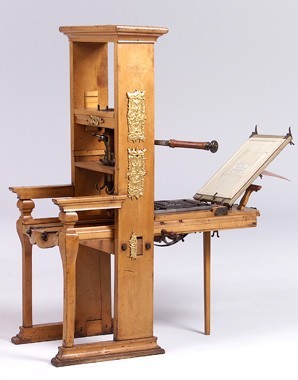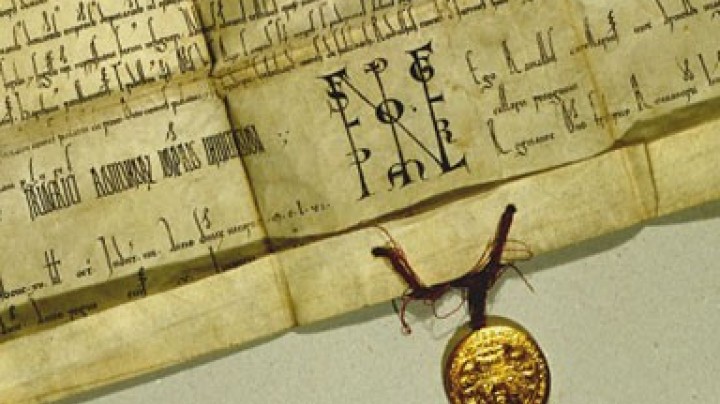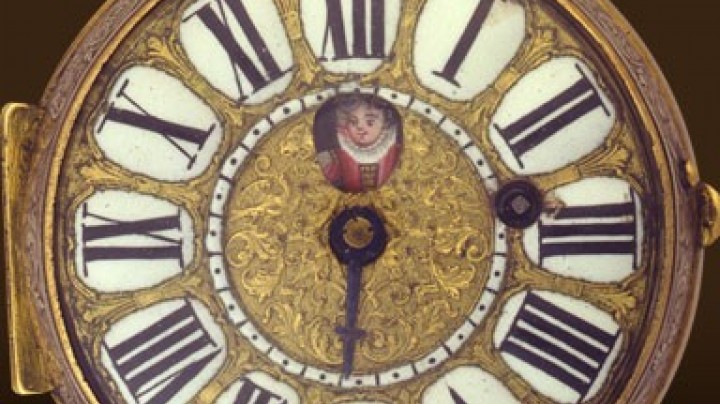The invention of the printing press
Johannes Gutenberg developed a series of processes and techniques that made the mechanized printing of books possible, thus triggering an explosion of information. Books could now be produced and distributed swiftly and in quantity, and the production costs sank.
The printing of books with moveable type replaced labour-intensive manual copying, and the sales and production of books soared. Between 1452 and 1456 the 42-line Gutenberg Bible was published, the first mass-produced edition of the Scriptures. While manuscripts continued to be produced, this happened on a much reduced scale compared to earlier ages. Former scribes were now given administrative tasks or took up new professions such as corrector, bookbinder or book-keeper. The growing demand for administrative texts fostered the printing of books as did the interest of the court: imperial decrees were duplicated and Maximilian I based his ‘propaganda’ on handbills and ‘newssheets’.
In early sixteenth-century Europe a veritable explosion of information took place: around 1,150 printing presses were set up in 250 towns and cities and printed approximately 500,000 works; by the seventeenth century this had increased to 1.2 million. Today the total annual production of books worldwide is around 800,000.
These developments took place in a time of intense religious conflict; without this increase in the possibility of distributing information, the Reformation would have been inconceivable. In the period between 1518 and 1523 more than 3,000 works, mostly religious in nature, were published in German (up until 1520, however, ninety per cent of books were still being written in Latin). The writings of Martin Luther (1483–1546) provoked violent controversy. He translated the Bible into German, thus creating German as a literary language.
The ability to read increased steadily over the following centuries. Among the most important patrons and customers for printed books were the humanists, who required scientific works and editions of the classics. The ideas of the Enlightenment – an important motor for the spread of reading in European countries – were slow to penetrate the Habsburg Monarchy, due mainly to the more protracted development of a modern middle class.















